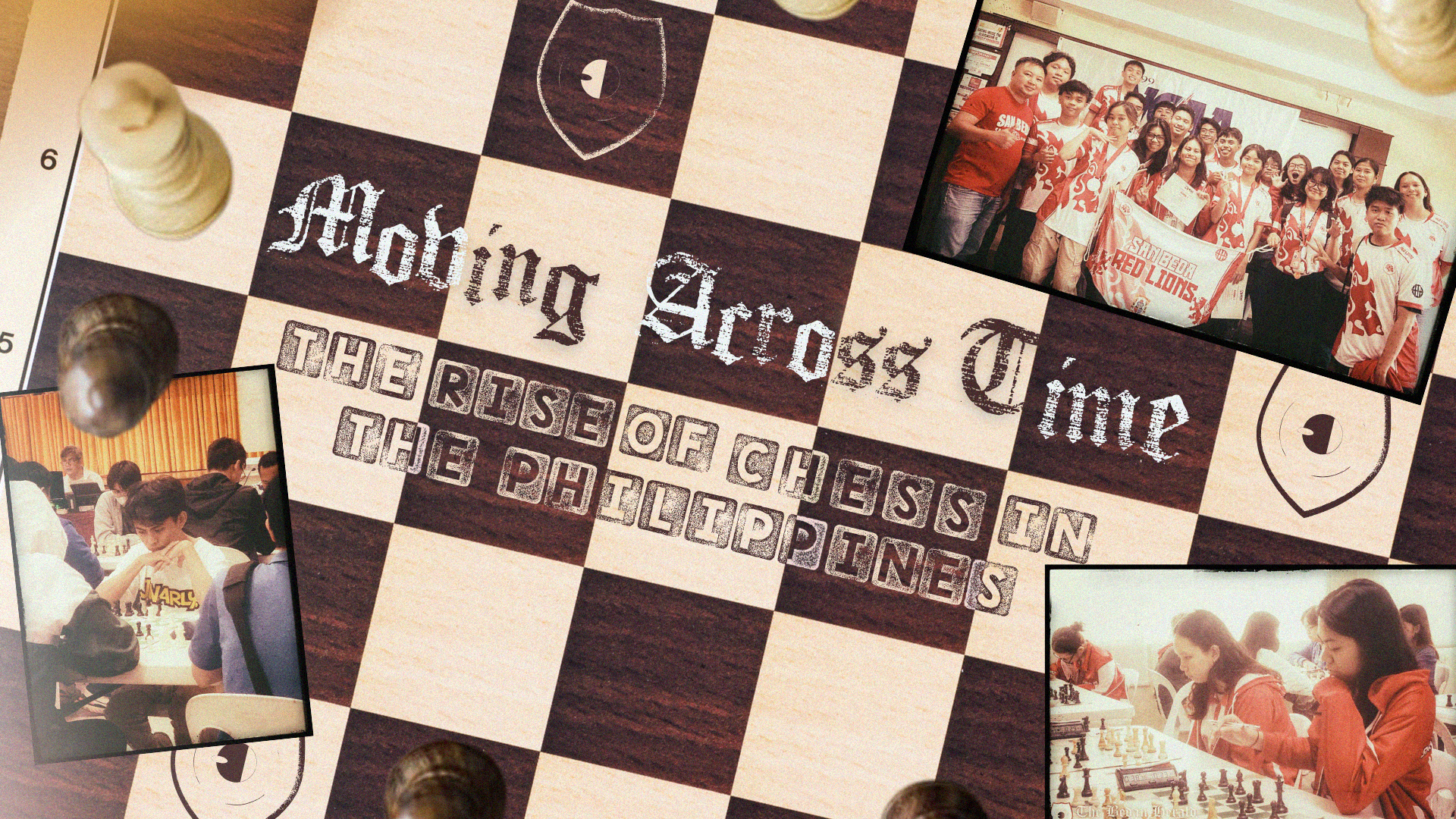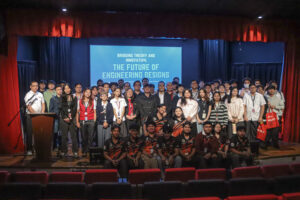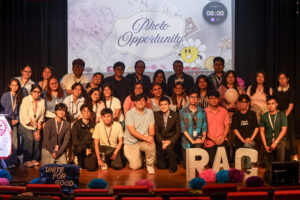By Roxane Gail A. Peneyra | July 20, 2025
Moving Across Time: The Rise of Chess in the Philippines
EVERY July 20th, chess players and enthusiasts around the world celebrate International Chess Day. A game once exclusive to scholars and elites has become a popular pastime enjoyed by people of all ages and social strata.
In celebration of International Chess Day, discover the Philippines' renowned chess grandmasters and meet the players from the SBCA Chess Varsity. Find out more about how chess became a well-known sport in the country.
Where it all began
Chess was introduced to Filipinos during the Spanish colonization in the 1500s. It became a favored pastime among the Spanish friars and settlers. Notably, national hero Dr. Jose Rizal was an avid chess player and used to play against the Guardia Civil during his imprisonment.
During the American occupation, Fernando Canon Jr. became the first champion in the history of the Philippine Chess Championship in 1908.
The Golden Era of Chess in the Philippines
During the regime of Marcos Sr. , chess became a popular sport among Filipinos. It was the world championship match between Bobby Fischer from the United States and Boris Spassky from the Soviet Union in 1972 that sparked the entire world’s interest, due to the political conflict at the time of the Cold War.
This era also saw the rise of Eugene Torre, who became the first-ever Filipino chess grandmaster after he earned the silver medal at the 21st Chess Olympiad. He was the only player to defeat the long-time reigning champion, Anatoly Karpov, a Soviet Grandmaster, in 1976.
The New Generation of Filipino Grandmasters
Following Torre’s footsteps, Wesley So became one of the most prominent chess players in the Philippines, bagging several awards from both local and international chess competitions. So ranked 5th place as the highest-rated player in history on the International Chess Federation list. In 2017, Janelle May Frayna was awarded Woman Grandmaster by the International Chess Federation, making her the first-ever Filipina to become a chess grandmaster.
More recently, Daniel Quizon became the country’s youngest chess grandmaster at the age of 20, after he defeated Igor Efimov in the 45th Chess Olympiad in 2024. Julio Sadorra, another Filipino chess grandmaster, tied for first place with Joshua Freidel and Mackenzie Molner at the US Open Chess Championship in 2013. He has been representing the Philippines at the Chess Olympiad since 2014.
Bedan’s renowned players
Representing SBCA, Bedan chess players continue to excel in various tournaments, bringing pride to the alma mater.
In an interview, Jan Bey Bederico (IV-BSIT), team captain, has been part of the varsity team since his first year of college and has competed in several competitions, such as the NCAA South and other national tournaments. For Bederico, joining the varsity gave him the opportunity to help his parents with the school fees as he was offered a scholarship. “And also, I have been interested in playing for a long time, and I enjoy this sport,” he added.
Meanwhile, Kienzelle Vienne Marasigan (II-BSLM), who joined the team just last year, also represented SBCA in the NCAA season. Recently, she won a silver medal at the NCAA South Season 26 Chess Tournament. She said that she has been joining school tournaments throughout her elementary and high school years. “The meaningful experiences and the growth it has brought me", which made her continue playing chess in College. Playing chess has always been part of her life since then, and it is something that she truly appreciates.
What's Next for Philippine Chess?
While the country continues to produce great chess players with the likes of Torre and So, many promising players today struggle due to the lack of funding for the future Olympiads.
The dilemma that has already been going on for years, which forced Wesley So to play for the USA. If it continues, it will only result in losing more great talents in the country. For it not to be put to waste, there should be a continuous call for more funding, and promoting the game with more support and recognition. It is what keeps chess alive.




